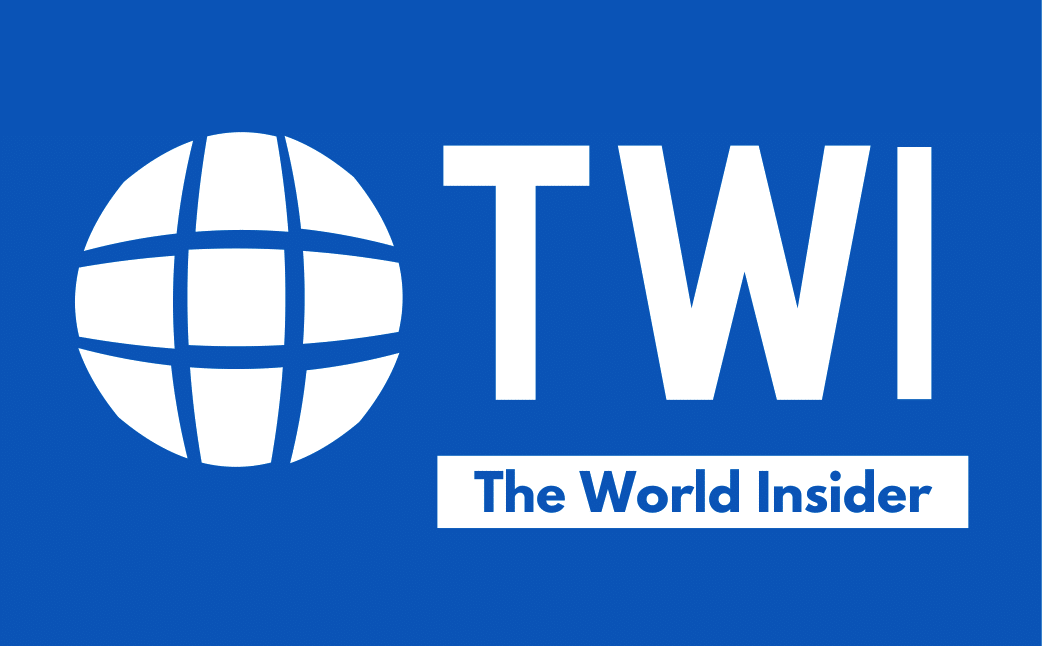NATO Secretary General Jens Stoltenberg and German Chancellor Olaf Scholz met in Berlin on January 18 to discuss Russia’s military buildup in and around Ukraine.
Speaking at a press conference alongside the German Chancellor, NATO Secretary General Stoltenberg stressed that “NATO was ready to continue dialogue with Russia but will not compromise on core principles for European security,” NATO release read.
NATO secretary general stated that “the main task now is to prevent the military attack on Ukraine. And that’s exactly why we send a very clear message to Russia that if they once again decide to use force against Ukraine, it will come with a high costs for Russia,” which would include economic, financial, political sanctions.
“The risk of conflict in Europe remains real because of Russia’s continuing unexplained and unjustified military buildup,” Stoltenberg warned.
“NATO Allies call on Russia to de-escalate”, Mr. Stoltenberg said. “Any further aggression will come with a high cost for Moscow,” he added.
The NATO Secretary General also highlighted that allies are ready to continue talks and prepared to look at a range of issues with Russia, including strengthening military and civilian lines of communications, reducing risks and enhancing transparency regarding military activities, as well as reducing space and cyber threats.
“I have today invited all the members of the NATO-Russia Council to a series of meetings… We are also prepared to resume the exchange of briefings on exercises, and on our respective nuclear policies and Allies are prepared to discuss arms control, disarmament and non-proliferation”, Stoltenberg said.
Stoltenberg reiterated that each nation has the right to choose its own path and that NATO will continue to protect its Allies. “Ukraine has of course the right to self-defense as every sovereign nation has… and NATO Allies help them to uphold that right to self-defense with the support Allies provided to Ukraine,” he added.
German Chancellor Olaf Scholz also described the Russian military buildup along the Ukrainian border as “threatening”, and stated that if Russia attacks Ukraine, “it will mean high political costs” for Moscow.
During the meeting, NATO secretary general also thanked German chancellor for his strong personal commitment to NATO and Germany’s leading role in the Alliance.
During his visit to Berlin, the Secretary General also met with Germany’s Defence Minister Christine Lambrecht and took part in a panel discussion organized by the Körber Foundation together with the magazine Der Spiegel, according to NATO press release.




